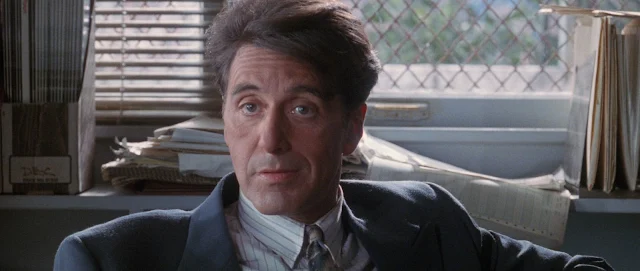A blog formerly known as Bookishness / By Charles Matthews
"Dazzled by so many and such marvelous inventions, the people of Macondo ... became indignant over the living images that the prosperous merchant Bruno Crespi projected in the theater with the lion-head ticket windows, for a character who had died and was buried in one film and for whose misfortune tears had been shed would reappear alive and transformed into an Arab in the next one. The audience, who had paid two cents apiece to share the difficulties of the actors, would not tolerate that outlandish fraud and they broke up the seats. The mayor, at the urging of Bruno Crespi, explained in a proclamation that the cinema was a machine of illusions that did not merit the emotional outbursts of the audience. With that discouraging explanation many ... decided not to return to the movies, considering that they already had too many troubles of their own to weep over the acted-out misfortunes of imaginary beings."--Gabriel García Márquez, One Hundred Years of Solitude
Search This Blog
Monday, March 10, 2025
Glengarry Glen Ross (James Foley, 1992)
Monday, November 25, 2024
Twelve Angry Men (William Friedkin, 1997)
.png) Cast: Courtney B. Vance, Ossie Davis, George C. Scott, Armin Mueller-Stahl, Dorian Harewood, James Gandolfini, Tony Danza, Jack Lemmon, Hume Cronyn, Mykelti Williamson, Edward James Olmos, William Petersen, Mary McDonnell. Screenplay: Reginald Rose. Cinematography: Fred Schuler. Production design: Bill Malley. Film editing: Augie Hess.
Cast: Courtney B. Vance, Ossie Davis, George C. Scott, Armin Mueller-Stahl, Dorian Harewood, James Gandolfini, Tony Danza, Jack Lemmon, Hume Cronyn, Mykelti Williamson, Edward James Olmos, William Petersen, Mary McDonnell. Screenplay: Reginald Rose. Cinematography: Fred Schuler. Production design: Bill Malley. Film editing: Augie Hess.
William Friedkin's Twelve Angry Men is not so easily dismissed as an unnecessary remake of Sidney Lumet's classic 1957 film, itself a remake of Reginald Rose's 1954 television drama. Forty years of change have taken place, and although such a jury today would almost certainly have women on it, at least Friedkin's version includes four Black men. One of them, strikingly, is the most virulent racist on the panel: a former Nation of Islam follower played by Mykelti Williamson, who delivers a vicious diatribe against Latinos. Which incidentally brings up another anomaly: There are no Latinos on this jury, even though it is impaneled in New York City, which certainly has a significant Latino population. Oddly, one of the actors, Edward James Olmos, is Latino, but he plays an Eastern European immigrant. The rant of the juror played by Williamson has perhaps even more significance today than it did in 1997, after an election campaign tainted by racist taunts against immigrants: The speech sounds like it might have been delivered at Donald Trump's infamous Madison Square Garden rally. As for the film itself, it retains the 1954 movie's power to entertain, if only the pleasure of watching 12 good actors at peak performance (and in George C. Scott's case, a bit over the peak). It also retains the tendency to preachiness, like a dramatized civics lesson, though maybe we need that more than ever.
Monday, July 15, 2024
Good Neighbor Sam (David Swift, 1964)


Cast: Jack Lemmon, Romy Schneider, Dorothy Provine, Mike Connors, Edward G. Robinson, Edward Andrews, Louis Nye, Robert Q. Lewis, Charles Lane, Linda Watkins, Joyce Jameson. Screenplay: James Fritzell, Everett Greenbaum, David Swift, based on a novel by Jack Finney. Cinematography: Burnett Guffey. Production design: Dale Hennesy. Film editing: Charles Nelson. Music: Frank De Vol.


















